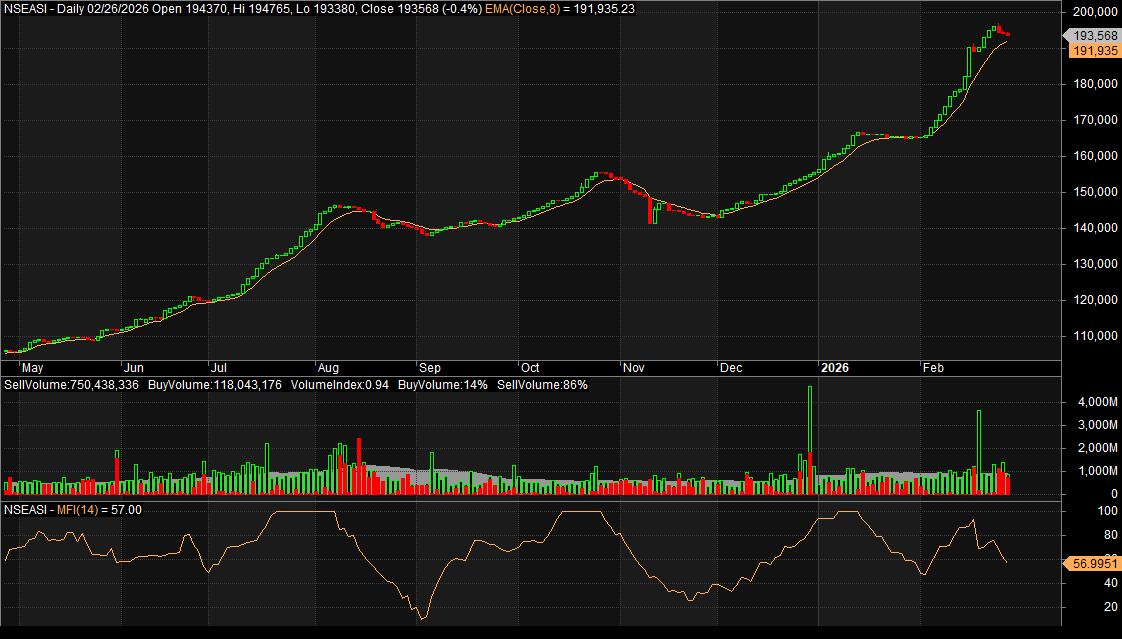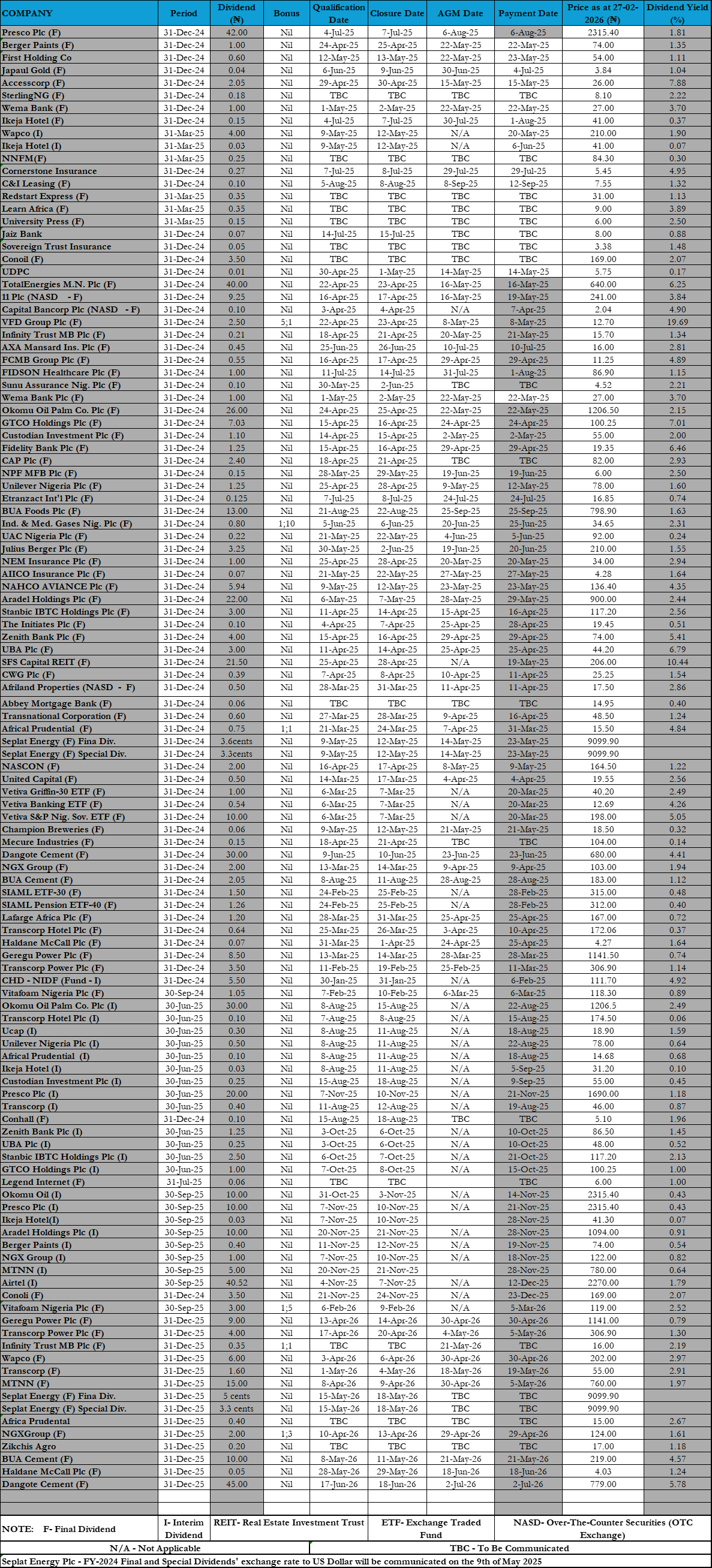
Nigeria’s foreign reserve pool continued its steady decline, falling to $43.002bn on Monday, October 15, 2018, according to data on the website of the Central Bank on Tuesday evening.
The reserves level was down $1.302bn, or 2.94% from $44.305bn on September 28, 2018, returning to where it was on March 5, while approaching its May 11, 2018 peak of $47.848bn from when it begin the decline.
Between May 11 and last Monday (October 15, 2018), Nigeria’s reserves have suffered a $4.845bn or 10.13% decline from its $47.848bn peak.
Defending the decision to allow the reserves depletion at the World Bank and International Monetary Fund (IMF) Annual meetings, which ended in Bali, Indonesia, last week, Governor of the Central Bank of Nigeria, Godwin Emefiele, said it was a choice between maintaining stable exchange rate to avoid depreciation of the nairaand building foreign reserve buffers.
He said ensuring the Naira’s stability against other major currencies of the world was a choice, at a time all frontier and developing markets had suffered not just depreciation, but reserves depletion.
Emefiele was quoted as saying, while not losing sight of the need to build buffers “I must say that we are in the period where it will be difficult to talk about building reserve buffers.
“We can only build reserve buffers if we want to hold on to the reserves and then allow the currency to go, and wherever it goes is something else.
“So, it is a choice we have to make and at this time, the choice for Nigeria is to maintain a stable exchange rate so that businesses can plan and we do not create problems in the banking system,” he added
He spoke against the backdrop of the warning by the IMF for Nigeria to be cautious about the use of its foreign exchange reserves, as oil prices could decline at any time.
Speaking in Bali, Head, Emerging Economies Regional Studies Division at the IMF’s European Department, Anna Ilyina, said Nigeria and other emerging market nations had come under pressure since April.
She warned that the advanced economies’ interest rate hikes were still at the early stages, adding that Nigeria should be cautious on the use of its external reserves now as global external conditions remained challenging.
“A combination of factors has basically affected emerging market since then. It started with sharp appreciation in dollar due to rising interest rates in US. In the case of Nigeria, there is one important driver that always affects its economic condition and that is oil.
“Foreign exchange intervention might make sense in certain circumstances,” she added.
Meanwhile, the reserves level is still up, compared to the $38.765bn it stood on December 29, 2017, representing an increase of $4.236bn or 10.92%; while year-to-date, it is up by $9.874bn or 29.8% from $33.127bn on October 13, 2017.











